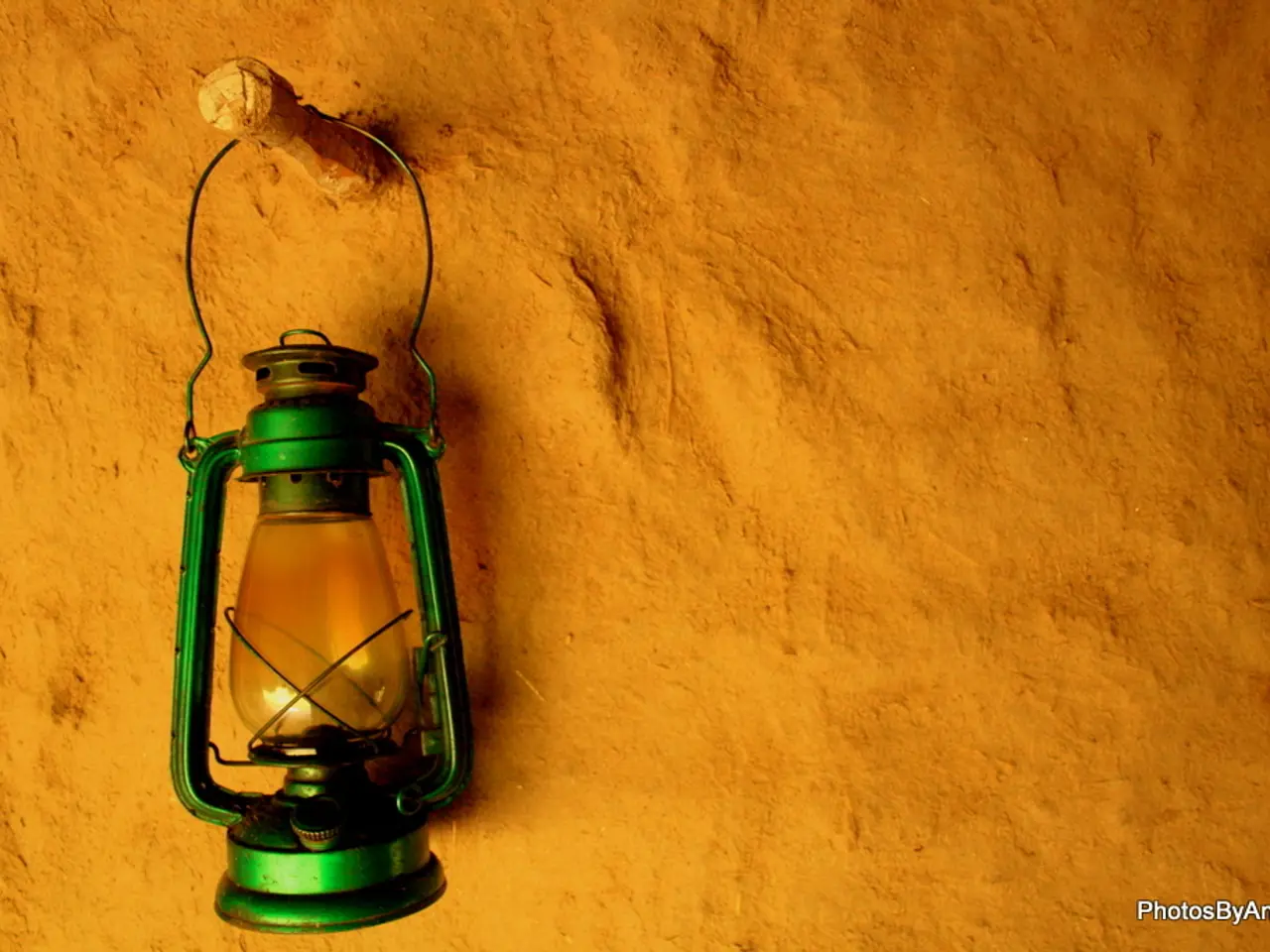Aeolus Unveils New System for Following Hurricane Paths
A groundbreaking research collaboration between Aeolus Capital Management Ltd. and Cornell University's Department of Earth and Atmospheric Sciences is set to revolutionise hurricane track modeling. The partnership, spearheaded by Dr. Pete Dailey of Aeolus and Dr. Jonathan Lin of Cornell, aims to delve into the sensitivity of hurricane landfall risk to key climate and weather factors during the Atlantic hurricane season.
At the heart of this research is the application of counterfactual event simulation (CFA) in hurricane modeling. This innovative method generates "what if" scenarios that deviate from actual hurricane events, allowing researchers to create hundreds of alternative hurricane scenarios, stronger, weaker, or with different tracks compared to historical storms such as Katrina, Harvey, and Ian.
The primary goal of this CFA application is to better understand and quantify the risk of hurricane landfall under a range of possible conditions. By testing how changes in climate and weather variables might alter hurricane behaviour, the research enhances risk assessment and aids planners and insurers in preparing for uncertain future hurricane threats.
Dr. Dailey explains that today's weather models already produce ensemble forecasts containing numerous counterfactual outcomes. Leveraging CFA improves risk management and future planning by encouraging more thoughtful consideration of risk. Dr. Lin emphasises the importance of the academic-industry collaboration in advancing knowledge of tropical cyclone risks in current and future climate scenarios.
In summary, Aeolus Capital Management and Cornell University are using CFA in hurricane track modeling to:
1. Generate hypothetical hurricane scenarios that differ from those historically observed. 2. Analyse the sensitivity of hurricane landfall risk to various climate and weather factors. 3. Improve understanding of tropical cyclone risk under changing climate conditions. 4. Enhance risk planning and management through more comprehensive risk modeling.
This collaboration exemplifies how the combination of advanced simulation methods like CFA with expertise in climate catastrophe modeling can significantly advance the field of hurricane risk assessment.
The research will utilise an open-source hurricane hazard model developed by Dr. Lin to model hurricane landfall risk. Dr. Lin is thrilled about the collaboration as part of a broader effort to strengthen academia-private industry partnerships.
This study is part of a broader effort to tackle the complex challenges of climate risk. While Aeolus Capital Management is also collaborating with RED on a research project focused on earthquake risk, the collaboration with Cornell is not related to earthquake risk modeling.
The RMS North Atlantic Hurricane Models (Version 21.0), designed for catastrophe risk analysis and management, have been approved by the Florida Commission on Hurricane Loss Projection Methodology for use in residential rate filings with the Florida Office of Insurance Regulation.
Dr. Dailey, a renowned expert in climate catastrophe model development and analytics, believes that applying counterfactual analysis can help think critically about risk and better plan for an uncertain future. The approval of RMS North Atlantic Hurricane Models (Version 21.0) by the Florida Commission on Hurricane Loss Projection Methodology occurred on June 1, 2021.
The earthquake study, led by Dr. Dailey, is set to delve deeper into the use of CFA to examine the sensitivity of landfall risk to key climate and weather factors during the Atlantic hurricane season. The results of these studies could provide valuable insights into the future of hurricane risk assessment and management.
- The collaboration between Aeolus Capital Management and Cornell University's Department of Earth and Atmospheric Sciences is utilizing data-and-cloud-computing, specifically counterfactual event simulation (CFA), to generate hypothetical hurricane scenarios that differ from those historically observed.
- In this research, environmental-science principles are being applied to analyze the sensitivity of hurricane landfall risk to various climate and weather factors, with the goal of improving understanding of tropical cyclone risk under changing climate conditions.
- Technology is playing a crucial role in the partnership's efforts, as advanced simulation methods like CFA are combined with expertise in climate catastrophe modeling to significantly advance the field of hurricane risk assessment, aiding in more comprehensive risk modeling and risk management.




